The Black Panther Party for Self-Defense Ten-Point Platform and Program — “A combination of a Bill of Rights and a Declaration of Independence” (1967)
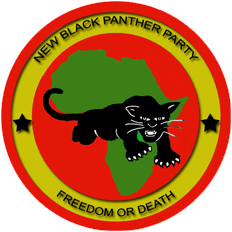
Editor’s note: This document is characterized by Huey P. Newton, co-founder in 1966 with Bobby Seale of the radical Black Panther Party, as a “combination of a Bill of Rights and a Declaration of Independence.” Officially called “The Black Panther Party for Self-Defense Ten-Point Platform and Program, it was crafted and then published by the […]
The Declaration of the Rights of the Negro Peoples of the World (1920)
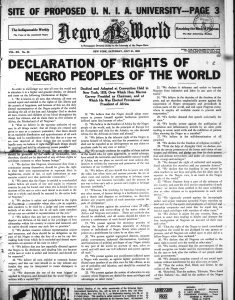
Editor’s note: On August 13, 1920, this declaration of black grievances, rights and principles was drafted and adopted at a convention of the Universal Negro Improvement Association, presided over by Marcus Garvey, a leading advocate of Black Nationalism and Pan-Africanism. Garvey had a sizable following of disenfranchised black Americans — as demonstrated by the more than 20,000 […]
Declaration of Sentiments of the American Anti-Slavery Convention, 1833.
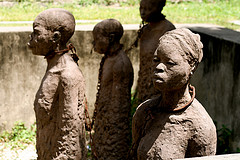
Editor’s Note: The prominent abolitionist William Lloyd Garrison asserts in this declaration, the composition of which he spearheaded, that slavery is a moral evil and that “every American citizen, who detains a human being in involuntary bondage as his property, is, according to Scripture, (Ex. xxi. 16,) a man-stealer”. Garrison’s, whose deeds matched his rhetoric, co-founded the […]
Declarations to Secede from the United States, 1860-1861
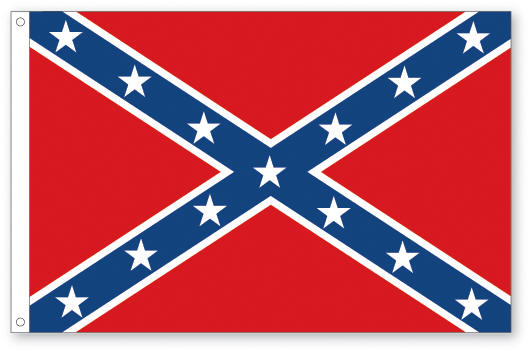
Editor’s Note: From carefully wrought, grievance-filled declarations of causes, to concise cut-and-dried ordinances to secede, to (in the case of Tennessee) a full-fledged declaration of independence, in 1861 and 1862 the 13 Southern states issued a variety of official pronouncements to declare that they were making a formal and final break from the United States and […]
Declaration of the National Anti-Slavery Convention (1833)
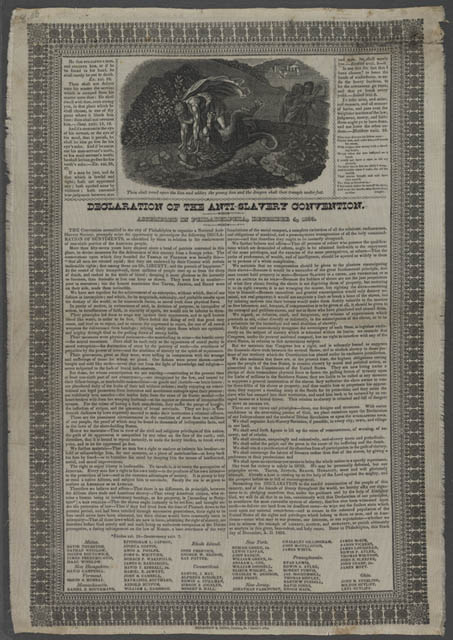
Editor’s Note: Written by the abolitionist, journalist and social former William Lloyd Garrison, this declaration of sentiments — published on December 14, 1833 in The Liberator — heralded the birth of the American Anti-Slavery Society, incorporating key passages of our Declaration of July 4, 1776 to advance its arguments. Declaration of the National Anti-Slavery Convention The Convention, assembled […]
Negro Declaration of Independence, 1876

Editor’s Note: Crafted and issued on February 28, 1876 by the National Independent Political Union, headed by Garland H. White, a Baptist Minister and political activist from Weldon, North Carolina, this declaration was printed as a four-age leaflet in the immediate post-Civil War aftermath at a time when Black Americans were already becoming increasingly embittered […]
“What to the Slave Is the Fourth of July?” – Frederick Douglass, July 5, 1852

Editor’s Note: Black Americans did not celebrate the 4th of July until the Emancipation Proclamation was issued by President Abraham Lincoln on January 1, 1863. In this no-holds-barred essay, Frederick Douglass, who became one of our great intellectuals, social reformers, and abolitionist leaders after escaping slavery, spells out why Independence Day was a mockery to […]
The Black Declaration of Independence (1970)
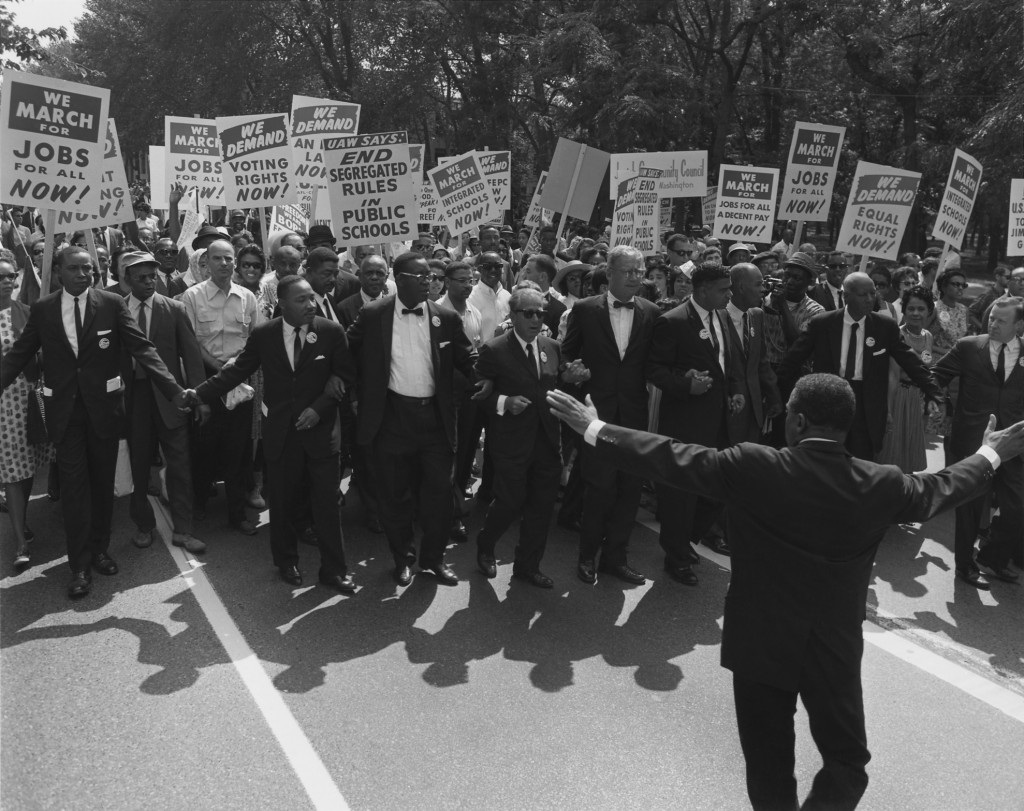
Editor’s Note: Though in some respects an adaptation of our July 4, 1776 Declaration, this time the tyrant is not King George but the endemic system of oppression and segregation that prevented Black Americans from being part of “all men are created equal.” The public proclamation issued by the National Committee of Black Churchmen on […]
Faith Leaders’ Universal Declaration Against Slavery (2014)

Editor’s Note: This declaration, issued on December 2, 2014 , and signed at the Vatican by eleven leaders of many of the world’s major religions, aims to put an end to all modern manifestations of slavery, was galvanized by the Global Freedom Network. Pope Francis, in signing the document, noted that, Despite the great efforts of […]
Declaration of Independence — Commonwealth of Liberia (1847)
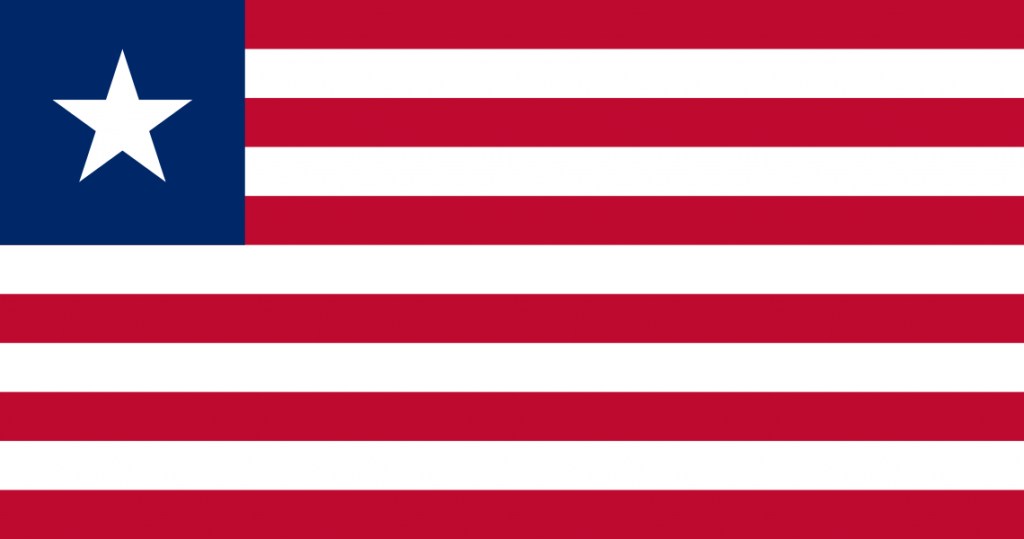
Editor’s Note: Liberia’s declaration, issued on July 26, 1847, is modeled after our July 4, 1776 document. It asserts that Liberia is a “free, sovereign, and independent state” and that “all men certain [have] inalienable rights; among these are life, liberty, and the right to acquire, possess, enjoy, and defend property.” Liberia distinguishes itself as the first […]

